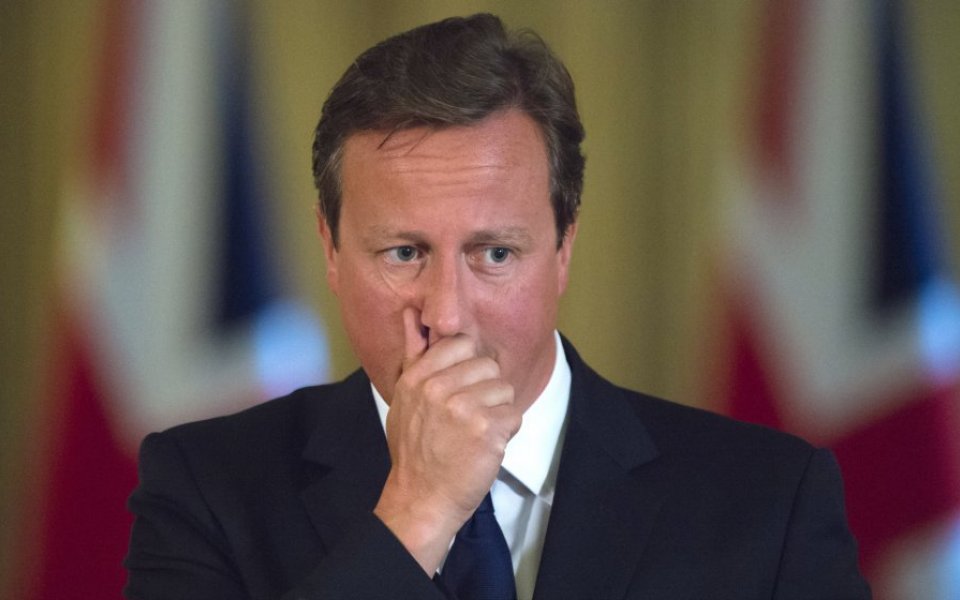EU referendum: David Cameron still faces a tough task in Europe

Emergency brakes. Red cards. It isn’t difficult to see why David Cameron is picking the most dramatic policy names when boasting of his government’s alleged progress in changing the terms of Britain’s relationship with the EU.
Number 10’s clear preference is for a referendum this June, and all efforts are now focused on presenting a bold and credible package of reforms to a crunch Brussels summit later this month.
Top of the list will be Britain’s insistence that member states can join together to hold up a red card in the face of proposed EU laws.
We’re told that a deal on this particular innovation was reached late last night, and that Cameron has won a major concession. Number 10 is keen to stress that the move followed “intense negotiation” and “intense talks”.
Critics of his renegotiation process (and there will always be those who remain critical regardless of what the PM delivers) suggest that the red card proposals are nothing but a gimmick. They’ve got a point.
After all, a similar “yellow card” system has been in place for six years and has only been deployed twice.
Even supporters of the red card proposal are disappointed with the high (55 per cent) threshold and point out how difficult it is to get so many parliaments (all filled with hundreds of MPs) to come together on any subject.
The truth is that behind Cameron’s boasts lie numerous points of contention that will determine whether or not the UK can have a successful future in the EU. Primarily, can non-Eurozone states have a healthy role in Europe, standing on the sidelines while the single currency area pushes ahead with deeper integration?
Second, how can the UK protect financial services, arguably its most crucial industry? France (and other Eurozone states) see financial regulation as an inherently EU-wide issue. In a single market and in an inherently cross-border industry, they argue, how can Britain be allowed to have its own rules?
On this issue, and many others, there has been little sign of compromise between the UK and states that just aren’t sympathetic to its demands. When further details of the renegotiation are revealed later today, there had better be more to it than a headline-grabbing red card.